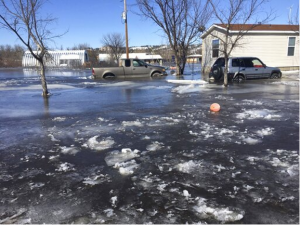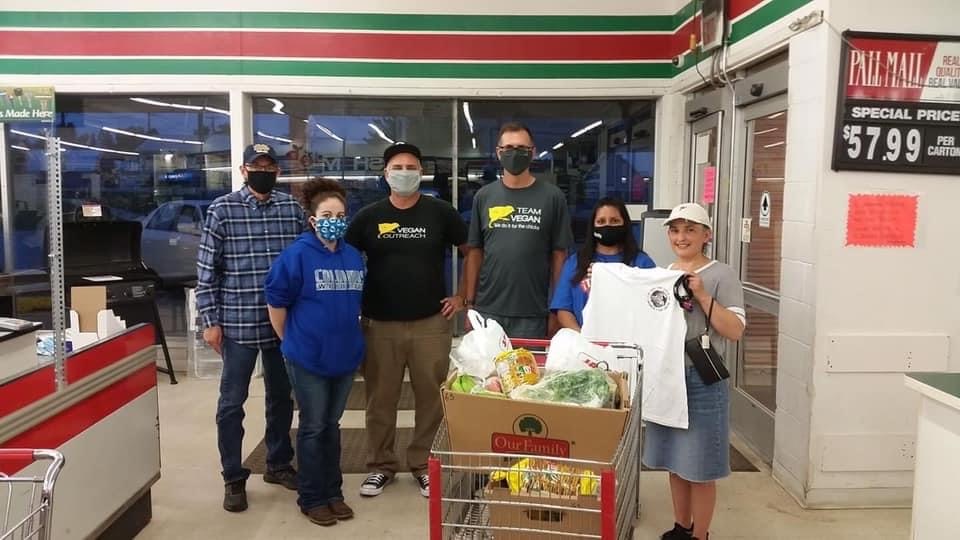Low-Attention Disasters
Low-attention disasters are often localized events that do not garner regional or national attention, affecting rural, isolated or small communities.

Disasters you don’t often hear about in the news
Low-attention disasters are most often identified by all or some of the following indicators:
- Limited national or regional media coverage.
- Little or no regional or national disaster response.
- Disproportionally affected marginalized or chronically under-resourced populations.
- High percentage of damage to housing (25% or more).
- Insufficient community infrastructure or ability to develop or sustain recovery operations.
- No FEMA Individual Assistance declaration.
The Midwest Early Recovery Fund has identified five key challenges faced by communities affected by low-attention disasters.
During early recovery, the transition period from response to recovery, communities often struggle to:
- Translate the highly complex system of disaster recovery into actionable steps.
- Coordinate survivor information and ensure equitable distribution of resources from multiple agencies.
- Identify and secure sufficient resources to address the unmet needs of those most vulnerable to the impact of disasters.
- Develop and sustain mid- to long-term recovery efforts.
- Meet the unique needs of children post-disaster.
Midwest Early Recovery Fund grants have supported organizations working in more than 50 identified low-attention disasters. Here is a sample of those disasters:
- 2015 DeWitt, Nebraska Flood
- 2016 Pine Ridge Reservation (South Dakota) Severe Storms
- 2017 Montana Wildfires
- 2018 Eureka, Kanasas Tornado
- 2019 Northwestern Missouri Flood
- 2019 Yankton Sioux Tribe (South Dakota) Flood
- 2020 Marshalltown, Iowa Severe Storm (Derecho)
- 2021 Oklahoma Severe Storm (Winter)
How we address these challenges
To address these challenges, we provide funding and technical assistance to communities, building community capacity to develop long-term recovery assets. We prioritize:
Early Recovery Services
- Community needs assessment
- Disaster case management
- Disaster recovery coordination
- Volunteer and construction management
Outreach & Education
- Long-term recovery group development
- Recovery tools and trainings
- Community wellness
Children’s Needs
- Psychosocial Support
- Childcare recovery
Specialized services for marginalized and chronically underserved populations
- Language supports
- Culturally-aligned services
Investing in Communities
We intentionally seek out disaster-affected communities that few others have noticed, let alone invested their time, effort, energy or financial resources in.
